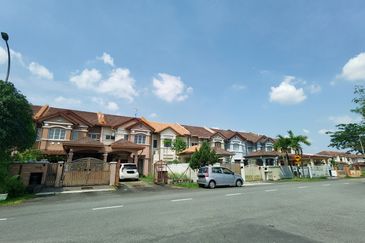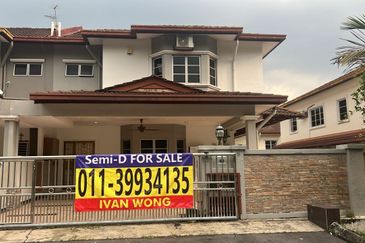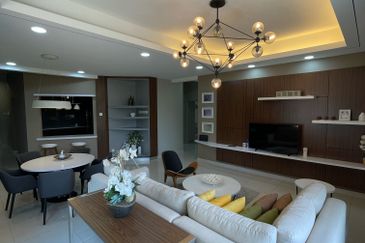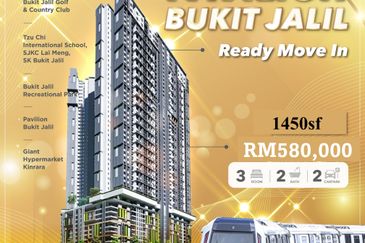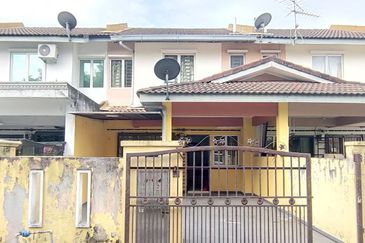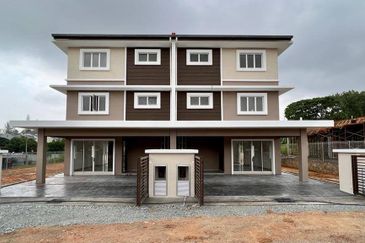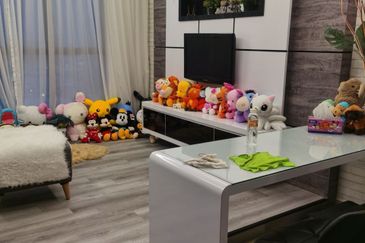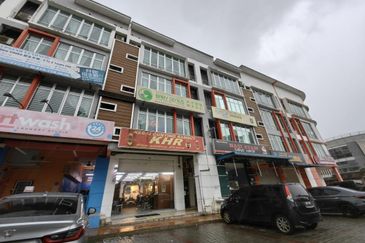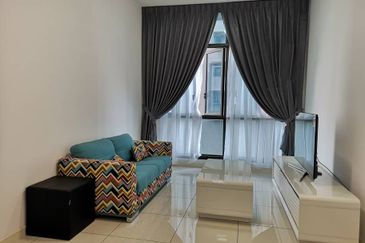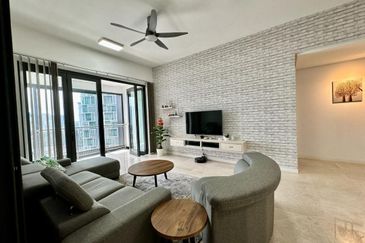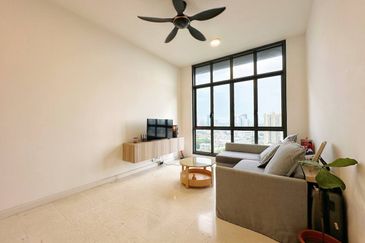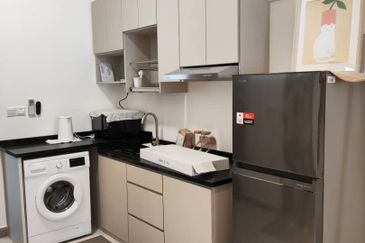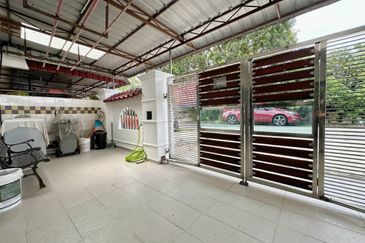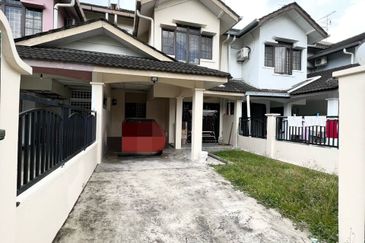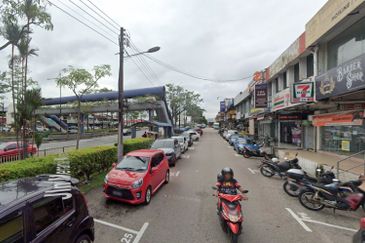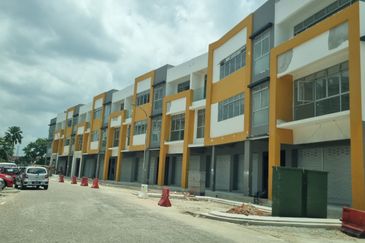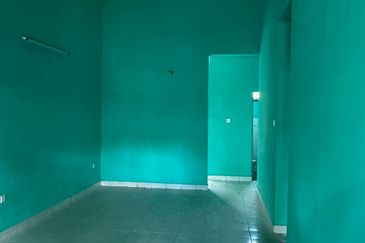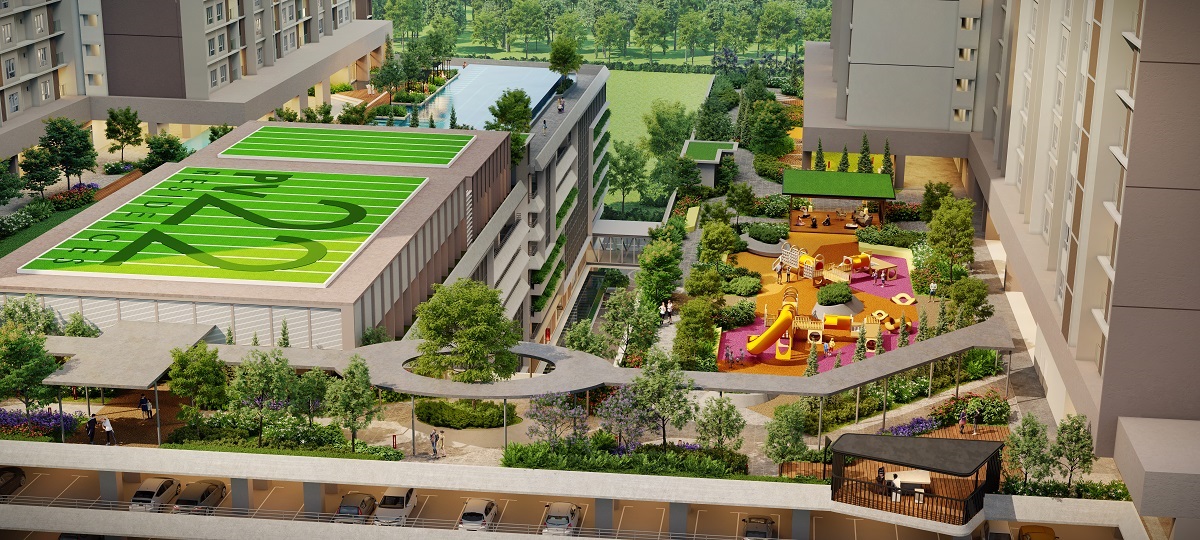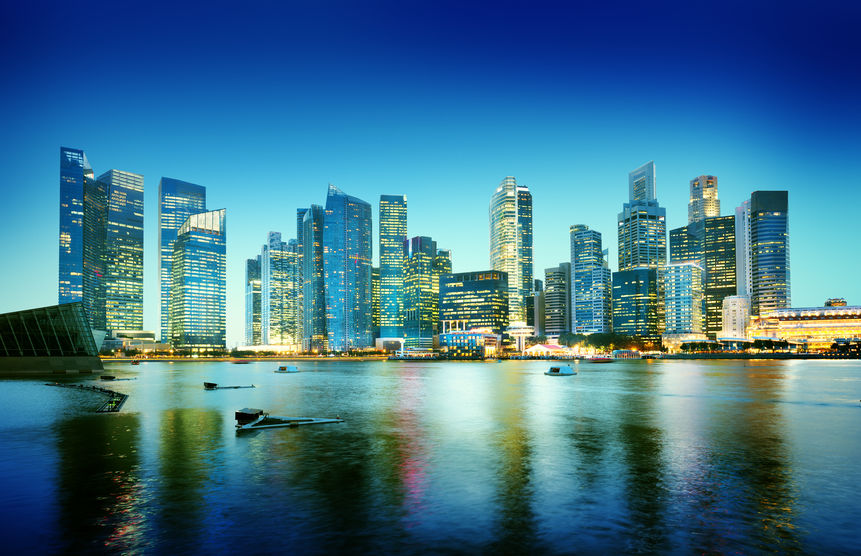
At 24 years old, a S$1.2 million (RM3.6 million) penthouse in one of the most expensive property markets in the world, furnished with such luxuries as a Herman Miller Aeron office chair and Lelit espresso machine, is a far-off dream for most.
But Shawn owns a loft-style apartment in Bukit Timah, Singapore’s central region. Paid for by his mother, he is one of a growing number of rich kids whose parents are seeking to avoid the raised stamp duties and other cooling measures on second and third homes by buying the properties for their children.
Bloomberg reports that property agents say there has been a noticeable increase in apartments purchased for the children of wealthy families since July 2018, when the property measures came into effect.
Additional buyer’s stamp duty, or ABSD, is levied at 12% for second homes and 15% for third and subsequent properties.
“Anecdotally we’ve observed more young homebuyers entering the market,” Christine Sun, the head of research and consultancy at OrangeTee & Tie is quoted as saying by the publication. She notes that first-time homebuyers not affected by ABSD dominate, but many Singaporeans see the value of accumulating property as a store of wealth.
Data from the Urban Redevelopment Authority showed that for the first time since the cooling measures came into effect, residential prices rose by 1.5% in the three months through June, driven by the sales of luxury apartments.
According to Alan Cheong, the executive director of research and consultancy at Savills (Singapore), the high ABSD rate has induced parents to act vicariously, using their children’s names to acquire another private residential property.
While some may be concerned over their children’s ability to acquire property, some simply use that as an excuse to acquire properties for themselves.
For children who aren’t old enough to own their own property, Cheong says that setting up a trust account in the name of the child is how some families are skirting the ABSD.
“A trust is a structure whereby a parent can hold a property for their minor child,” Edmund Leow, a senior partner at Dentons Rodyk & Davidson was quoted as saying. But “the property belongs to the child, and not to the parent”.
However, Nicholas Mak, head of research at APAC Realty unit ERA Singapore, said trusts are not cheap to establish. “The costs involved are usually quite steep, and it’s only a viable option for the wealthiest of families in Singapore.”
However, this practice may lead to additional expenses for the child in future. For Shawn, any future property purchases would be counted as his second home, and thus incur the ABSD.
“It’s definitely uncommon to own property in Singapore at my age and I’m appreciative of the fact that I do have my own house,” he said. “It’s a privilege and something I know a lot of people cannot afford to do.”
TOP PICKS BY EDGEPROP
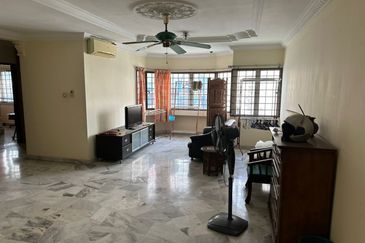
De Tropicana Condominium
Kuchai Lama, Kuala Lumpur
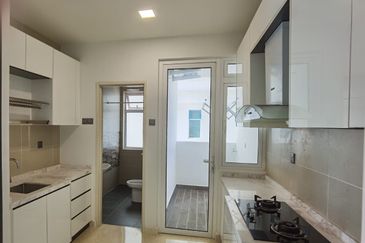
TriTower Residence @ Johor Bahru Sentral
Johor Bahru, Johor
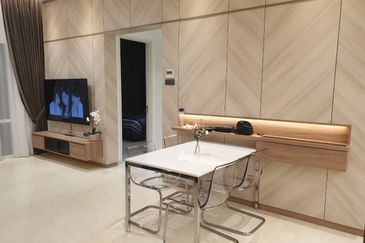
TriTower Residence @ Johor Bahru Sentral
Johor Bahru, Johor

